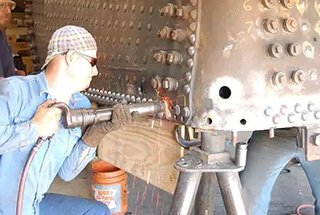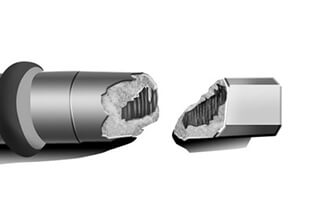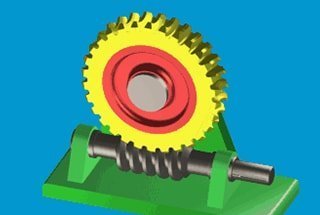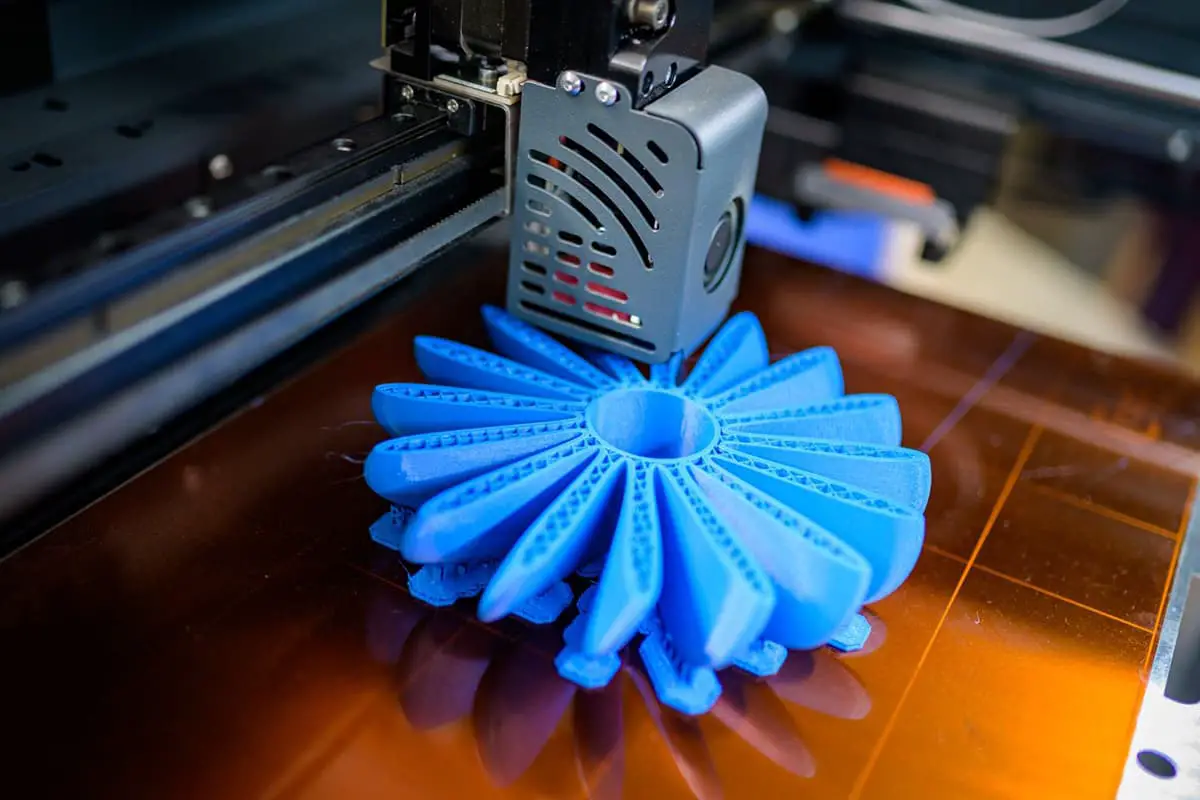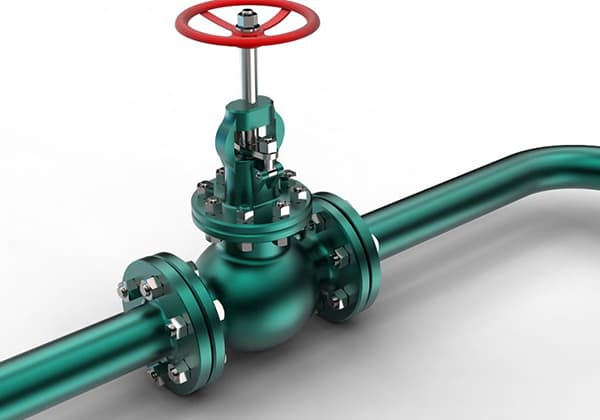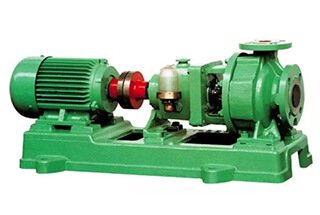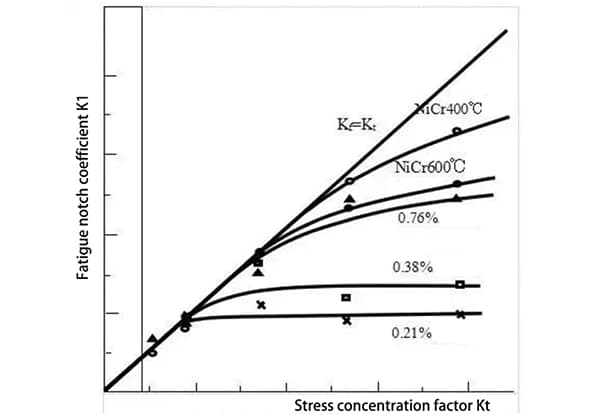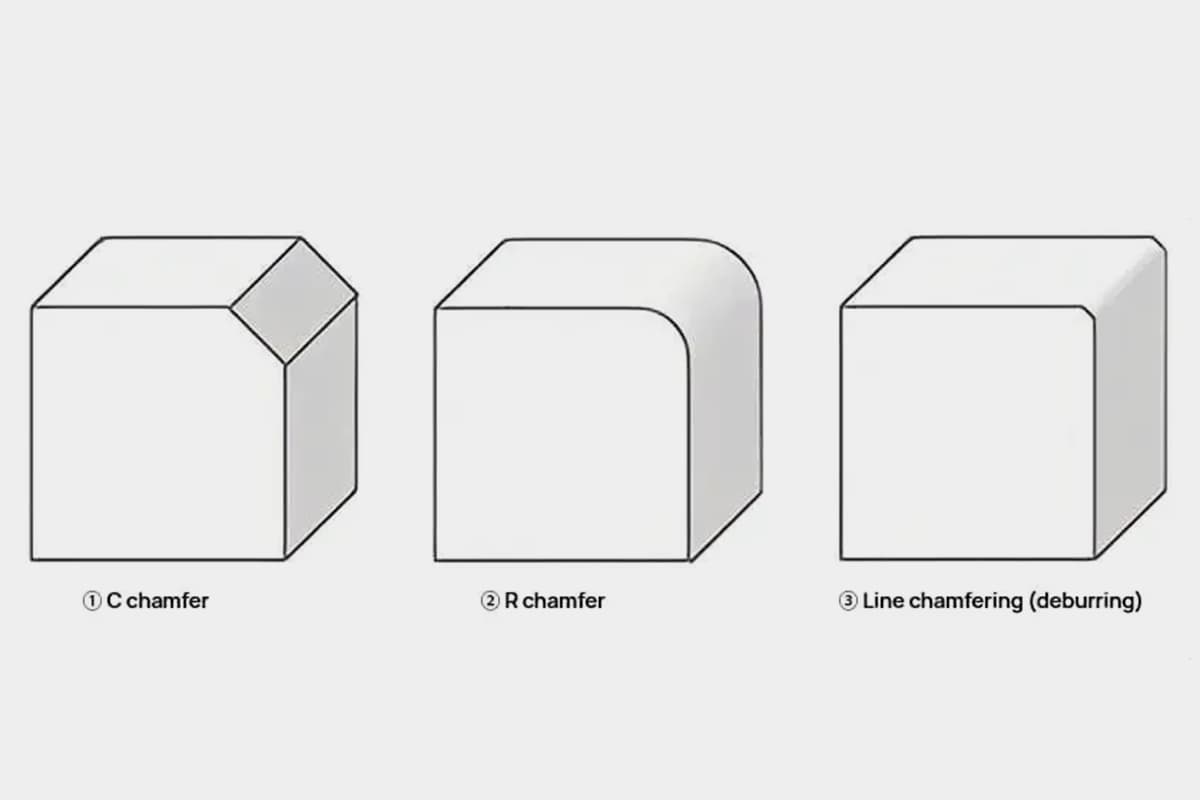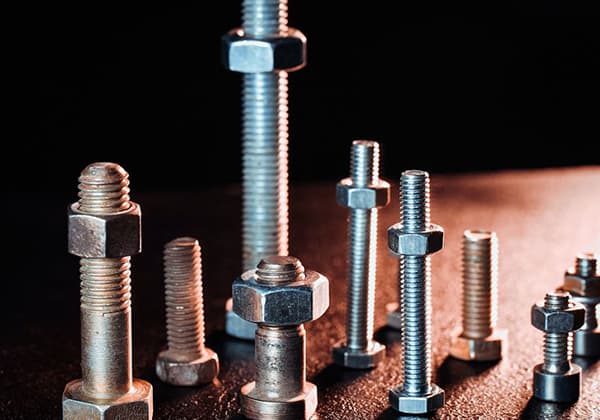
How often do we think about the precise length of threads in our fasteners? This seemingly minor detail can make a huge difference in the strength and stability of your assembly. In this article, we explore the standards and guidelines for determining the optimal thread length for various materials and applications. You’ll learn how factors like material type and hole depth affect thread engagement, ensuring your designs are both secure and efficient. Dive in to master the nuances of thread length and enhance your engineering projects.
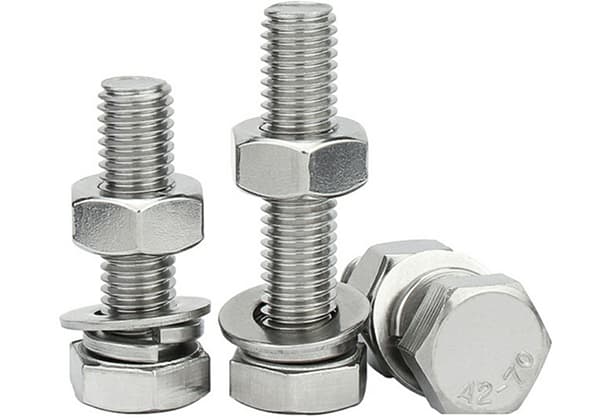
What is the appropriate length of screw engagement? This seemingly simple question has many scenarios to consider.
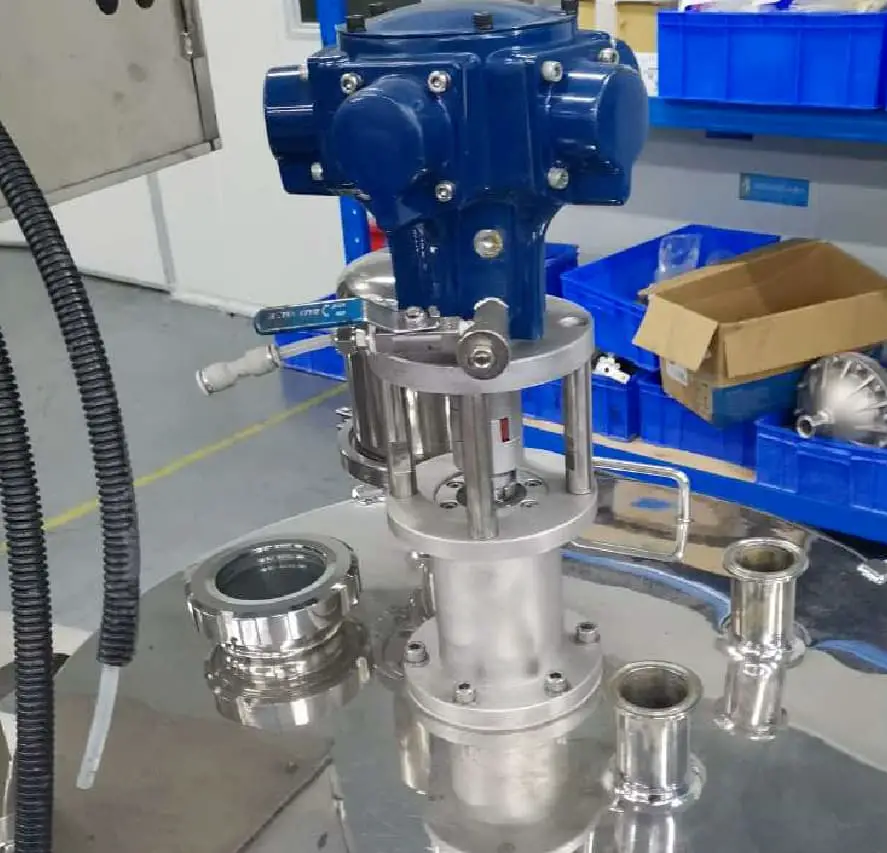
Let’s first take a look at the relevant standards specified in the manual.
The remaining length of internal and external threads in regular threads, the remaining depth of drilling, and the length of the bolt protruding from the end of the nut
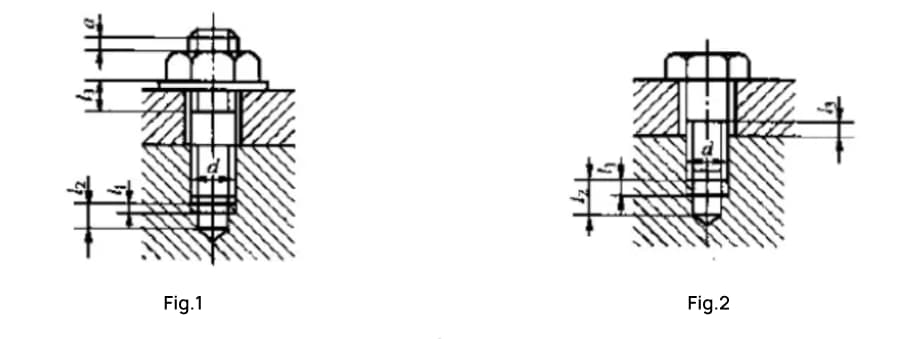
| Thread pitch | Thread diameter | Remaining length | End length | |||
| Coarse thread | Fine thread | Internal thread | Drilling | External thread | ||
| P | d | l1 | l2 | l3 | a | |
| 0.5 | 3 | 5 | 1 | 4 | 2 | 1~2 |
| 0.7 | 4 | – | 1.5 | 5 | 2.5 | 2~3 |
| 0.75 | – | 6 | 6 | |||
| 0.8 | 5 | |||||
The table above provides the remaining length of common internal and external threads, the remaining depth of drilled holes, and the end length of bolt protruding nuts.
If we design the depth of threaded holes (referring to the depth of the threaded portion), we generally make the depth of the hole 1.5-2 times the diameter of the thread.
For example, how deep should we design the M10 screw hole? You can design it to be 15-20mm deep, but of course it depends on whether your space is sufficient. For thicker parts, a depth of 20mm can be used, while for thinner parts, the depth can be reduced accordingly.
A deeper depth has some advantages, such as increasing the range of screw specifications that can be used.
For example, if the thread is only 10mm deep, the screw may only be available in one length specification. If it is 20mm, then two or three lengths of screws may be available. This is only a technique summarized in actual assembly and may not always be exact.
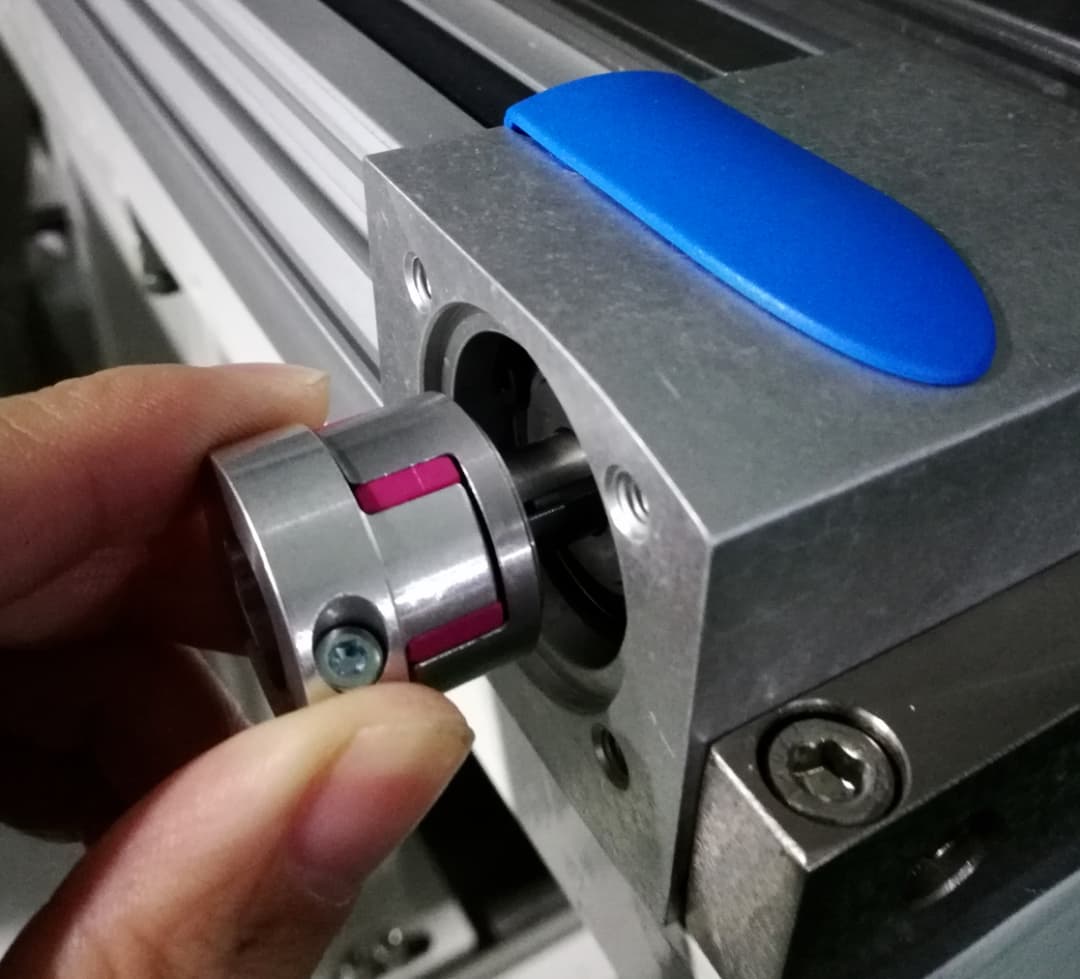
If it is the engagement of screws and nuts, it is recommended that the screw should protrude from the nut by at least 2-3 teeth, which is generally about 3-4mm.
Note that this is at least – the screw should protrude from the nut as much as possible when it is assembled in order to be more suitable.
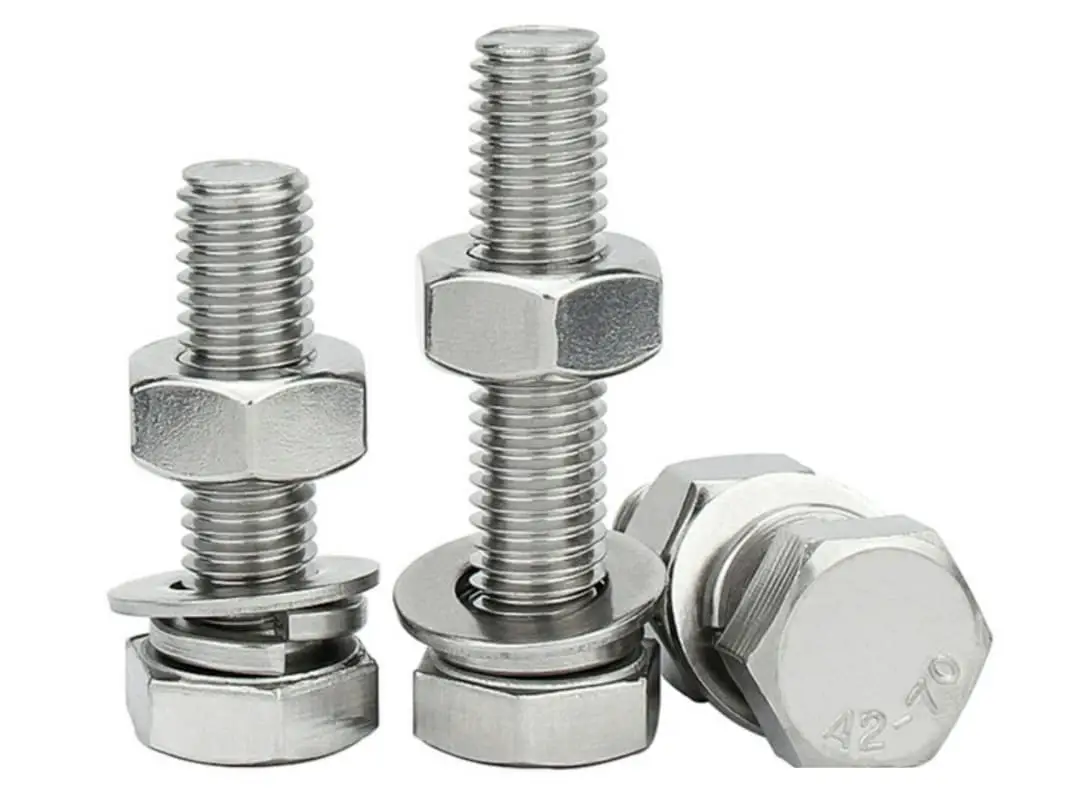
Does the material affect the depth requirement of threads?
The answer is definitely yes. Try to think about it, if a soft material is only engaged by 3 teeth, will it slip easily? In fact, the softer the material, the deeper the thread depth should be considered in the design. The length of the bolt insertion also varies depending on the material.
For example, for steel, the thread length of an M3 bolt is designed to be 4mm; for gray cast iron, the thread length of an M3 bolt is designed to be 6mm; for aluminum, the thread length of an M3 bolt is designed to be 8mm.
Of course, in my opinion, if there is enough space, we can design the thread length of the M3 bolt to be 8mm, which is easy to remember.

